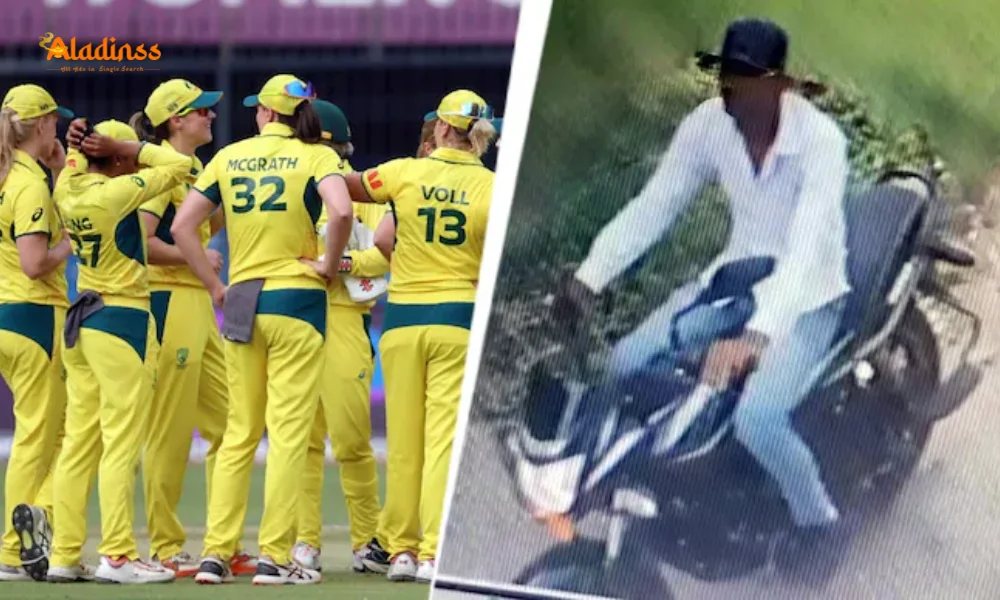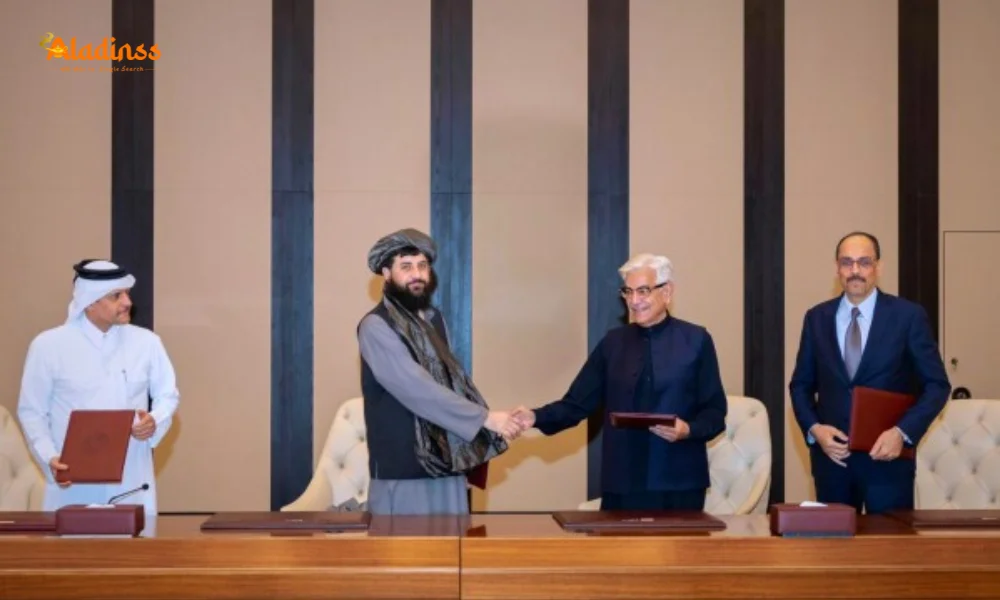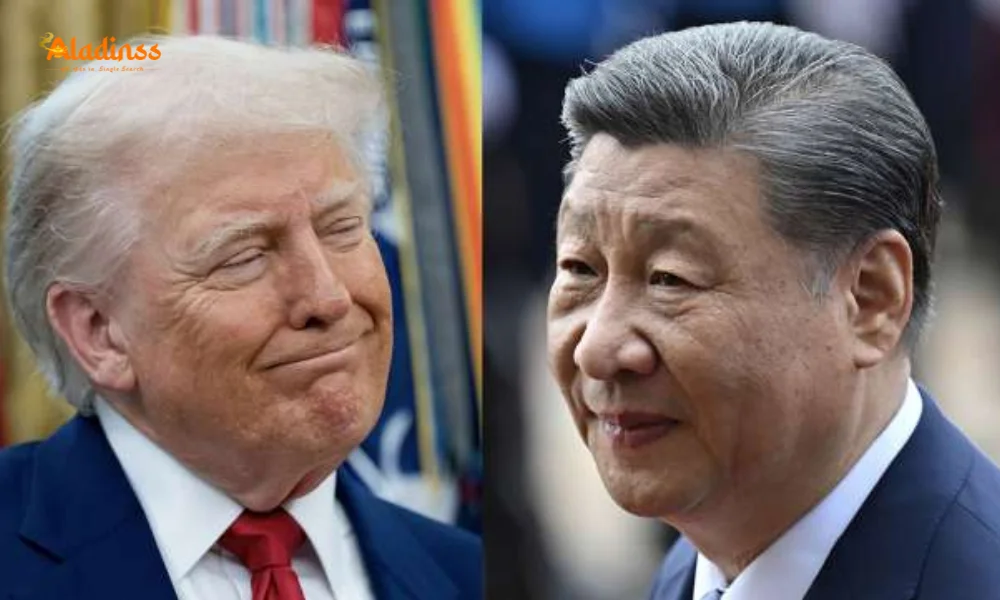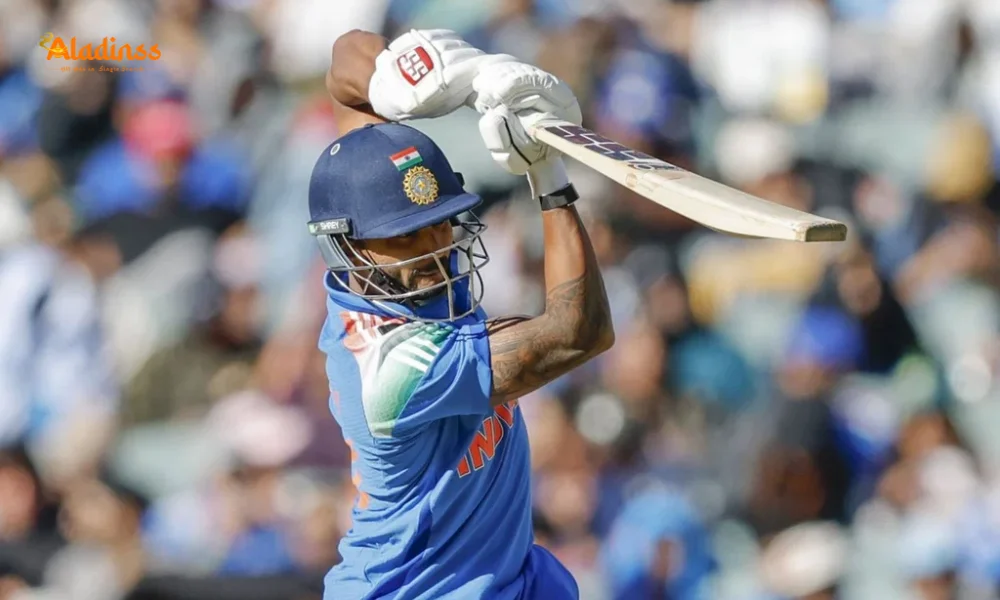AAP BJP Clash Over Rekha Gupta’s Husband in Govt Meeting
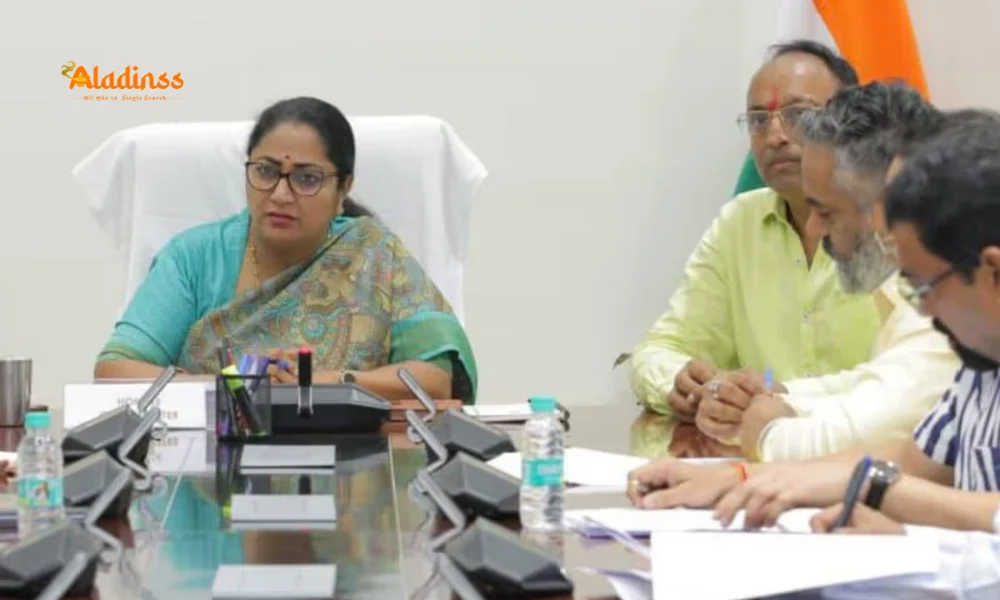
AAP, BJP Clash Over Manish Gupta’s Presence at Delhi Govt Meeting
A political controversy erupted in Delhi on September 7, 2025, when Aam Aadmi Party (AAP) leaders criticized Chief Minister Rekha Gupta for allowing her husband, Manish Gupta, to attend an official government meeting in Shalimar Bagh. The meeting, focused on reviewing development projects, sparked accusations of unconstitutional behavior and nepotism from AAP, who compared the situation to the fictional 'Phulera Panchayat' from a popular web series. The Bharatiya Janata Party (BJP) defended Manish Gupta’s presence, asserting there was “nothing wrong” with his participation as a local social worker. This article explores the details of the controversy, the arguments from both sides, and its implications for Delhi’s political landscape.
The Shalimar Bagh Meeting and AAP’s Criticism
On September 7, 2025, Delhi Chief Minister Rekha Gupta chaired a government meeting to review development projects in the Shalimar Bagh Assembly constituency, where she was elected in the 2025 Delhi Assembly elections. She shared details on X, stating, “In the meeting, officials were directed to regularly assess the progress of ongoing works in the area and submit detailed status reports within the stipulated timeframe. Additionally, discussions were held on the progress of completed and pending projects, and guidelines were issued for resolving departmental issues related to land use.” However, the presence of her husband, Manish Gupta, a Delhi-based businessman and trader, at the meeting triggered a fierce backlash from the opposition.
AAP leader Saurabh Bharadwaj, the Delhi unit president, took to X to condemn the situation, drawing a parallel to the web series *Panchayat*, set in the fictional village of Phulera, where a woman sarpanch’s husband unofficially wields power. Bharadwaj wrote, “The Delhi government has become a Phulera panchayat. Just as in Phulera’s panchayat, where the woman sarpanch’s husband acted as the sarpanch, today in Delhi, the CM’s husband is sitting in official meetings.” He labeled the act “completely unconstitutional,” arguing that it undermines democracy and constitutional norms in the nation’s capital. Bharadwaj further questioned, “The BJP, which relentlessly criticizes Congress for dynastic politics, should explain – is this not dynastic politics? Does the CM of the world’s largest party have no worker left whom she can trust? What is that work which only a family member can do?”
BJP’s Defense of Manish Gupta’s Role
The BJP swiftly countered AAP’s allegations, with party leader Harish Khurana defending Manish Gupta’s presence at the meeting. Speaking to NDTV, Khurana clarified, “First of all, Manish Gupta is not only the husband of Rekha Gupta, but he was also looking after the constituencies of Shalimar Bagh. He was looking after it as a social worker. He led the people’s delegation. As a representative, he can sit there. The meeting was not just for officers. A few residents were also sitting there.” Khurana dismissed AAP’s accusations as a sign of frustration, suggesting that the opposition was struggling to cope with their reduced influence after the BJP’s landslide victory in the 2025 Delhi Assembly elections, where they secured 48 out of 70 seats.
The BJP’s defense highlights Manish Gupta’s role as a community figure in Shalimar Bagh, where he is known as a trader and social worker. According to Rekha Gupta’s election affidavit, Manish runs Nikunj Enterprises and is an agency associate at Kotak Life Insurance. The BJP argues that his involvement in local affairs is legitimate, given his contributions to the constituency and his support for Rekha Gupta’s political journey. Rekha herself has previously credited her husband, stating, “Of course, yes. He did a lot for me,” when asked about his role in her success.
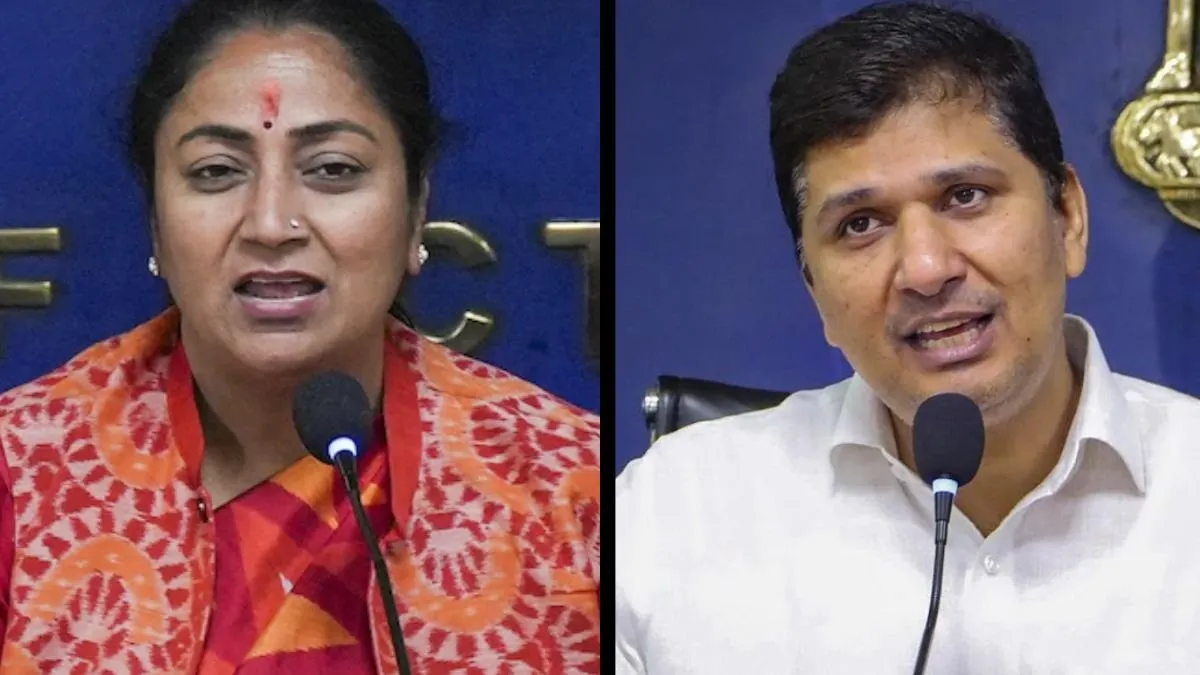
Echoes of a Previous Controversy
This is not the first time Manish Gupta’s presence at government meetings has sparked controversy. In April 2025, AAP leader and Leader of Opposition Atishi accused him of “unofficially running the Delhi government” after he was seen at a meeting with officials from the Municipal Corporation of Delhi (MCD), Delhi Jal Board (DJB), Public Works Department (PWD), and Delhi Urban Shelter Improvement Board (DUSIB), in Rekha Gupta’s absence. Atishi posted on X, “Look at this photo carefully. The person who is taking the meeting of the officers of MCD, DJB, PWD, and DUSIB is Manish Gupta, husband of Delhi Chief Minister Rekha Gupta.” She questioned whether Rekha Gupta’s administrative capabilities were lacking, linking the incident to issues like power outages and rising school fees.
The April incident intensified the political slugfest, with the BJP retaliating by pointing to instances where AAP leaders’ family members, such as Arvind Kejriwal’s wife, Sunita Kejriwal, were involved in political activities. Delhi BJP President Virendra Sachdeva called Atishi’s remarks “insulting” to Rekha Gupta, emphasizing her journey from a Delhi University Students’ Union (DUSU) leader to Chief Minister. He argued that it was “perfectly normal” for family members to support public representatives, accusing AAP of hypocrisy given their own leaders’ actions.
AAP’s Broader Political Critique
AAP’s criticism extended beyond Manish Gupta’s presence to a broader attack on the BJP’s governance. Sanjay Singh, a senior AAP leader, escalated the rhetoric, stating on X, “Welcome to Phulera Panchayat. PM Modi has made two CMs in Delhi. Rekha Gupta is the Chief Minister, her husband is the Super Chief Minister. BJP has wrecked Delhi in 6 months.” This statement reflects AAP’s narrative that the BJP’s rule, which began in February 2025 after a 27-year hiatus, has led to administrative failures. AAP has pointed to issues like power outages, rising crime rates, and increasing private school fees as evidence of the BJP’s mismanagement.
The “Phulera Panchayat” comparison has resonated on social media, amplifying the controversy. AAP’s strategy appears to be to paint the BJP as hypocritical, especially given the party’s frequent accusations against Congress for dynastic politics. Bharadwaj’s pointed questions—“Does the CM of the world’s largest party have no worker left whom she can trust? What is that work which only a family member can do?”—aim to challenge the BJP’s credibility and highlight perceived governance lapses under Rekha Gupta’s leadership.
Rekha Gupta’s Political Journey
Rekha Gupta, who took oath as Delhi’s Chief Minister on February 20, 2025, is a seasoned BJP leader with a three-decade-long career. A first-time MLA from Shalimar Bagh, where she won by a margin of 29,595 votes, Gupta rose through the ranks from DUSU president in 1996-97 to a three-time councillor and former mayor of the South Delhi Municipal Corporation (SDMC). Her appointment as the fourth woman Chief Minister of Delhi, following Sushma Swaraj, Sheila Dikshit, and Atishi, was seen as a strategic move by the BJP to appeal to women voters and the Vaishya community, a key voter base.
Despite her extensive experience, Gupta’s leadership has faced scrutiny, particularly over incidents like her husband’s involvement in official matters. The BJP has emphasized her grassroots work and dedication, with leaders like Virendra Sachdeva defending her against AAP’s attacks. However, the recurring controversy surrounding Manish Gupta’s presence risks overshadowing her administration’s achievements, such as the implementation of the Ayushman Bharat scheme and the tabling of 14 CAG reports on the previous AAP government’s performance.
Implications for Delhi’s Political Landscape
The controversy over Manish Gupta’s attendance at government meetings has intensified the rivalry between AAP and BJP, with both parties leveraging the issue to score political points. AAP’s aggressive stance reflects its strategy to regain ground after losing power in the 2025 elections, where it secured only 22 seats compared to BJP’s 48. By framing the issue as a constitutional violation, AAP aims to question the BJP’s commitment to democratic norms and transparency.
For the BJP, the controversy poses a challenge to Rekha Gupta’s leadership credibility. While the party has dismissed AAP’s allegations as politically motivated, the repeated incidents involving Manish Gupta could fuel public perception of nepotism, especially given the BJP’s historical criticism of dynastic politics. The party’s defense—that Manish Gupta’s role as a social worker justifies his presence—may not fully quell public concerns, particularly as AAP continues to amplify the issue through social media and public statements.
Broader Context and Public Reaction
The debate over Manish Gupta’s involvement comes amid heightened political tensions in Delhi, with AAP and BJP frequently clashing over governance issues. AAP has capitalized on incidents like the August 2025 attack on Rekha Gupta during a public hearing to highlight public dissatisfaction, while the BJP has accused AAP of spreading misinformation to undermine its rule. The “Phulera Panchayat” narrative has gained traction online, with social media users debating the propriety of a non-elected individual attending official meetings.
Public reaction remains divided, with some supporting the BJP’s argument that community representatives, including family members, can participate in local discussions, while others view Manish Gupta’s presence as a breach of protocol. The controversy underscores the challenges of maintaining transparency and accountability in governance, particularly in a politically charged environment like Delhi, where every action is scrutinized for political motives.
Comment / Reply From
No comments yet. Be the first to comment!
